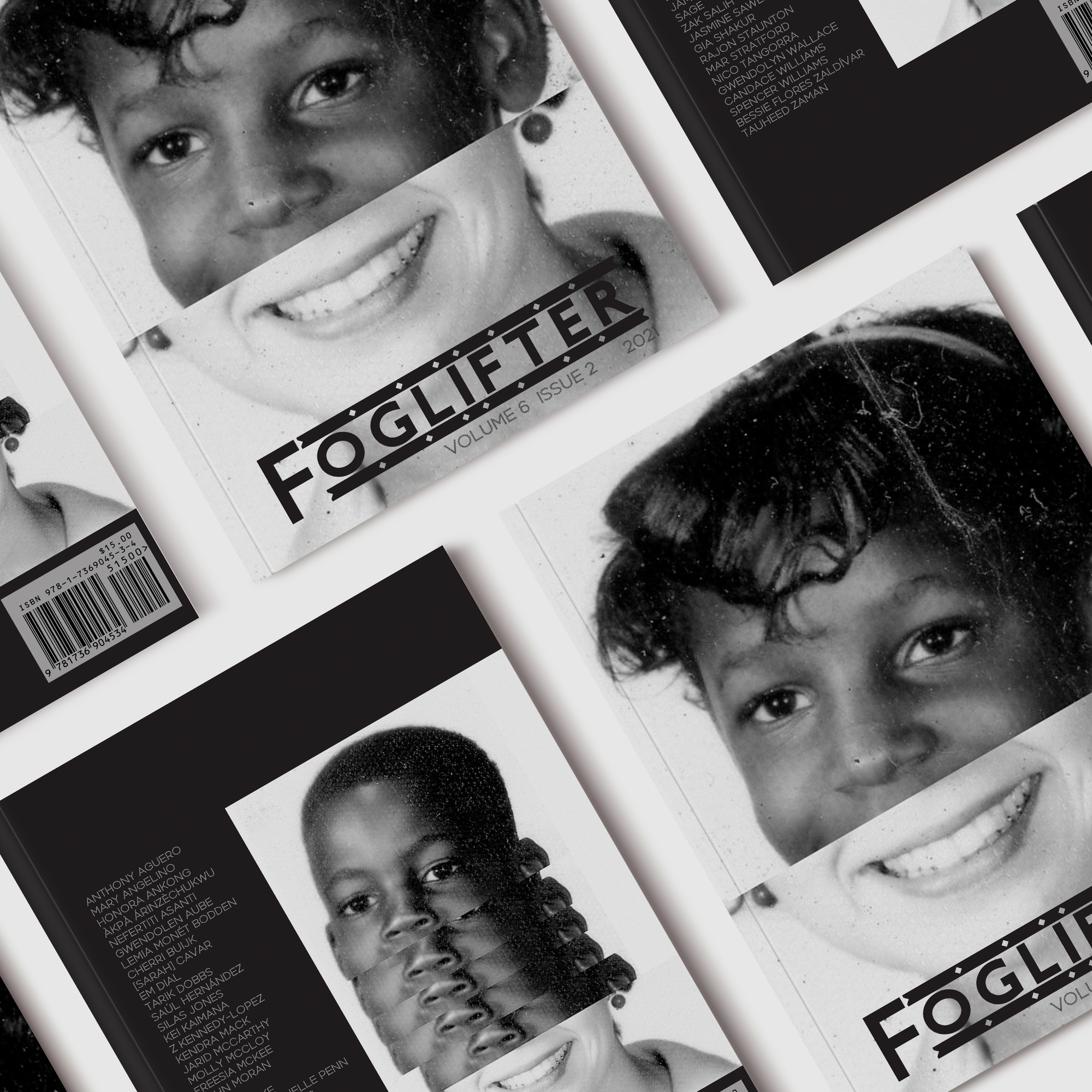
What I’m working on
All through grad school, I thought of myself primarily as a writer of short stories, even though I’ve never been able write a draft of anything in that 20–25 page sweet spot. Under 10 pages or over 50? Easy enough; I do well with concision and sprawl. My poet friends were always saying that I could sit at their lunch table (even though if you told me to write a poem, I wouldn’t know where to start) and the half-finished novel draft that was my thesis project had been such a difficult undertaking that I figured “the ‘short’ story” (whatever that meant) might be my lane.
So it was a surprise to me as much as anyone that I started writing a novel in February 2024. My brother’s dog passed away and I’d been doing some thinking for a class that didn’t happen that would use texts like Ice by Anna Kavan, Dhalgren by Samuel Delaney, The Taiga Syndrome by Cristina Rivera Garza, Event Factory by Renee Gladman, Blackouts by Justin Torres, and writings by care workers as lenses for thinking about non-spaces and imaginary spaces, ones that resist conventional logic or knowing AND for imagining the kinds of spaces we’d want in the future but don’t currently have. An image came to me during that planning felt insistent in its demand that I write toward it, so when the class fell through, I decided to just go for it (…and, 100 pages later, got there 😅).
I’ve been told the book has a “pre–space western” vibe. Imagine Princess Mononoke x Samanta Schweblin x Scavengers Reign, maybe a dash or two of Pedro Páramo and Welcome to Nightvale, and you’re probably not far off.
As of February 2026, I’m 93,300+ words into the manuscript, which I’ve been writing on my grandmother’s 1960s Olympia typewriter.
There’s a little of me talking around it here. I’m also few longer stories from being done with a collection I’ve been chipping away at since grad school; some of what’s below is included in that.
“The Sea: A Triptych”
bedfellows
“The next day: the man carries his buckets to the sand, strips down, and walks into the sea. He does not sing. When he steps onto shore to dry, the sea feels for the first time the shape of the absence of his calves and heels, of his nine toes, and longs for how his body fits.”
“Solomon’s Knot”
Catapult magazine
“You make of him a mouthful, yet you can taste his unease, taste his cold feet.”
“Begin by asking the audience to silence, but not turn off their phones. Advise that this production features targeted seating, and it is therefore important that members be positioned in the seat number listed on their tickets. The show may or may not include the potential for gunfire (simulated or otherwise), home invasions, theft, embarrassment, shame, and, in some cases, death. Sloppy transitions encouraged.”
“In ‘Call Your Girlfriend,’ I felt l like I’d come upon a small, queer secret — something naked and evident but somehow unseen by so many, something that I could access and share with those who were different like me.”
“Scrounge”
Storm Cellar magazine
Nominated for the Pushcart Prize
“The dog survives.”
“Lost Things”
A Velvet Giant
“In the new apartment, you hear things in the walls. They skritch when you’re cooking and scuff during the night. The cat stares under the radiator, eyes the gap between the cabinets and the floor. Should we text the super, your husband says. It’s not mice, you say, but the old friends with whom you’ve lost touch.”
“That Which Bites”
Arkana Mag
Nominated for the Pushcart Prize
“Over a weekend in July, my husband, Carlos, was eating a piece of bread and bit down on a rock. He spat it out and was horrified to discover that the rock was a piece of his molar that’d snapped off, painless.”
“Salt”
X-R-A-Y Magazine
“When you step on a snail in the dark, the shape and timbre of that sound taps something deep within you, and you imagine paying someone to take a needle and ink and carve colored lines into you, marking your own skin with a rendering of a snail as a sort of penance for all you’ve crushed.”
“Untitled”
TSR Online
Winner of a six-word story contest judged by Amy Hempel
“Took the medicine…”
“Belly”
Mortar Mag
“I adore my lover's stomach, how there is enough of him that he ripples like a lake-top, how the scars of his appendectomy bisect him from side to side.”
People have described my work as:
(All real things real people said)
“Essential lil bb fish fiction”
“Like a flashlight slowly panning through a dark room”
“Pretty tedious despite the plethora of interesting lines and complicated emotional material”
“This makes me want to paint!”
“Admirably captur[ing] the frenzy of desperation”
“This is obvious, completely meaningless”
“Underground tunnel alt”



